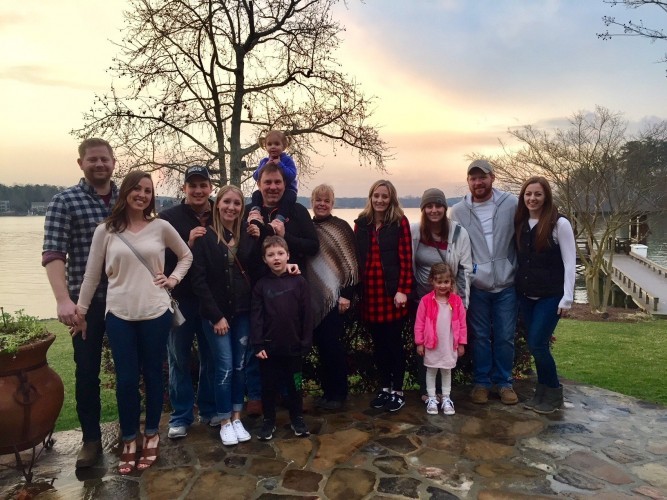Life gets better every year at Kiko Family Farms in Dalton, Ohio. Twelve years ago, owner Peter Kiko converted his farm from conventional grain to an all-grass grazing operation – a transformation he does not regret.
“We used to do everything by the book the modern way, with all the chemicals, the GMO seed, all that kind of stuff, but it just didn’t feel right,” recalls Kiko.
Since converting to all grass, the farm is healthier in so many ways. The increased organic matter in the soil builds drought resistance, while more and more birds enjoy the grasslands alongside about 70 Black Angus brood cows.
Kiko grazes the cattle through chemical-free paddocks using a mob-grazing model – intensive grazing with multiple moves daily within a paddock – for optimal forage quality and production.
In 2018, he added a Shade Haven mobile shade system to his grazing plan. After six summers of grazing with an SH1200, Kiko considers mobile shade an integral part of his grazing success. “We haven’t lost any cattle to heat stress since purchasing the Shade Haven, and the conception rates are much better,” notes Kiko.
Improving conception rates was one thing Kiko hoped would happen with the Shade Haven. “Before purchasing the Shade Haven, we were at about 10-12% open. With the Shade Haven, we cut that in half.”
Move the cattle, move the shade
A perimeter fence encloses the entire 190 grazing acres at Kiko Family Farms. Paddocks are formed within the perimeter using a single strand of wire and fiberglass posts. The cattle are moved multiple times daily within a paddock before moving to a new section – about every three days. The cows will not return to that section for several months, allowing ample time for regrowth and recovery.
For Kiko, the ability to control the distribution of nutrients around his pasture is the biggest benefit of the Shade Haven. “If the cattle don’t have shade, they’ll gather around the water tank, or natural shade in the pasture, and you get this massive concentration of manure. That doesn’t happen with the Shade Haven.”
Kiko typically moves the Shade Haven himself, or he might enlist one of his older grandchildren to jump on the four wheeler to move it. “If it’s August and 90 degrees, I’m moving that shade three or four times a day because the manure gets spread out,” adds Kiko.
Spreading the manure around the pasture controls flies, too. “We haven’t had a fly problem for five years…We don’t use anything for flies, no wormers. It’s 100% all natural.”
Family business
Kiko and his wife, along with their five children and soon-to-be14 grandchildren work the farm and help with the family’s auctioneering business. The youngest son Jake is the farm’s herdsman and Kiko’s wife Joni and daughter Lana handle the beef sales. The farm’s grass-fed beef is sold by whole, half, and quarter portions.
